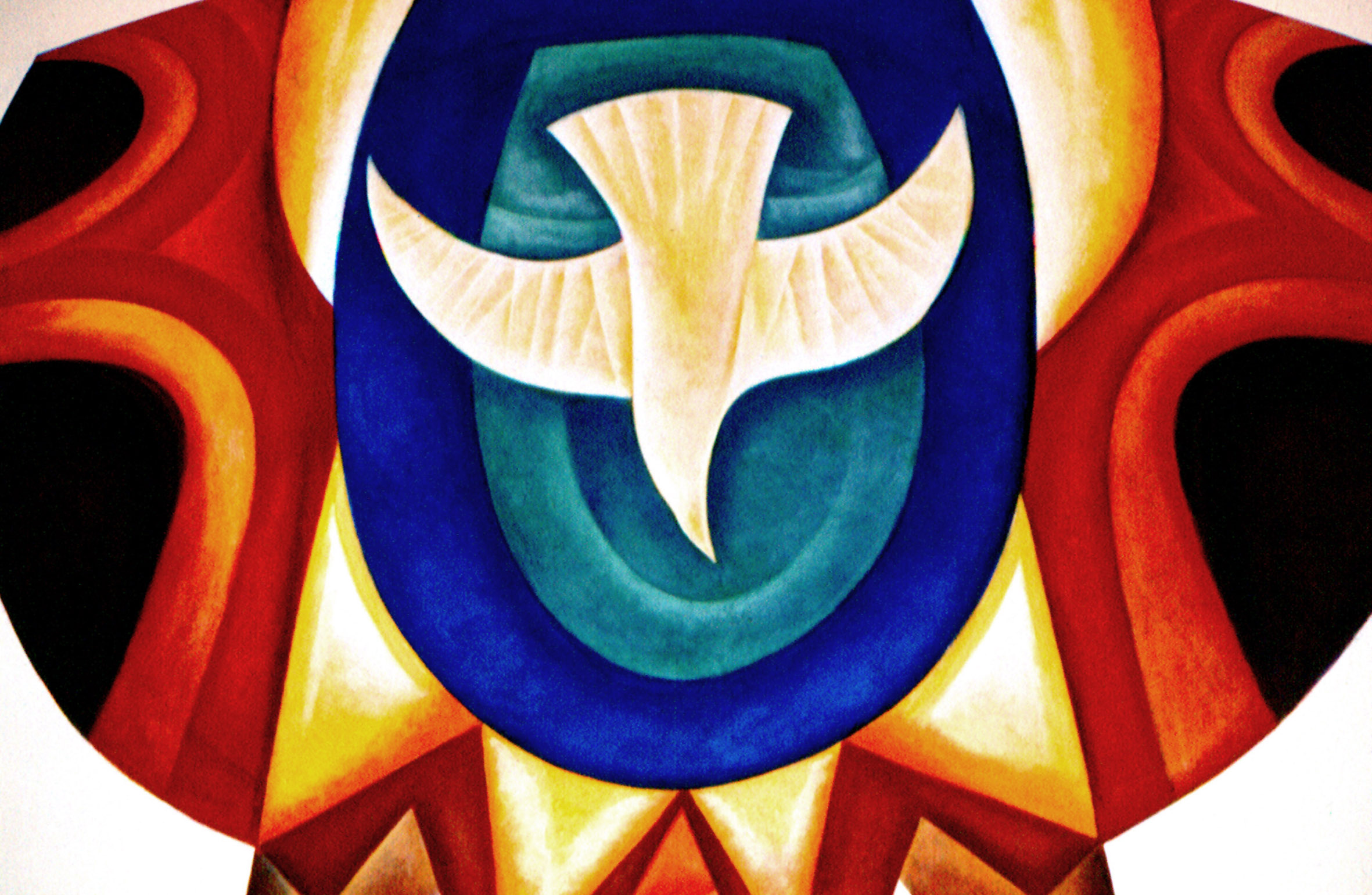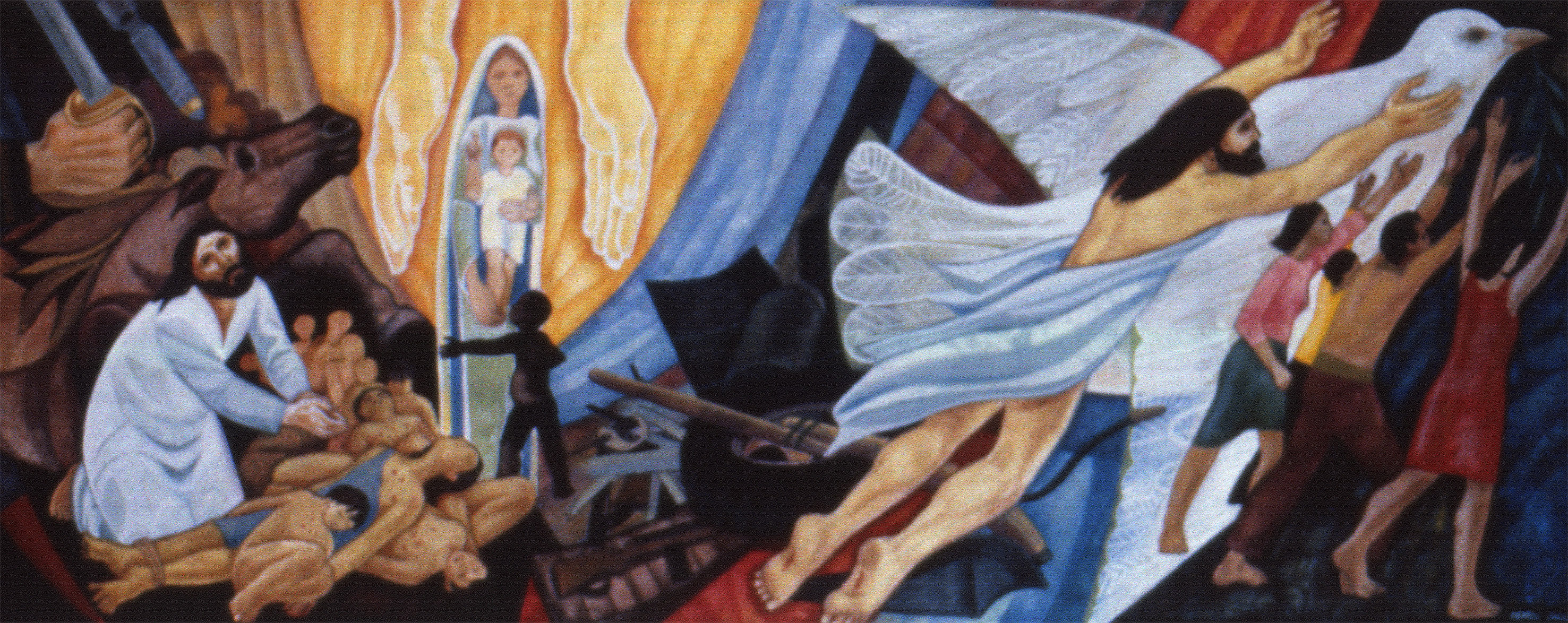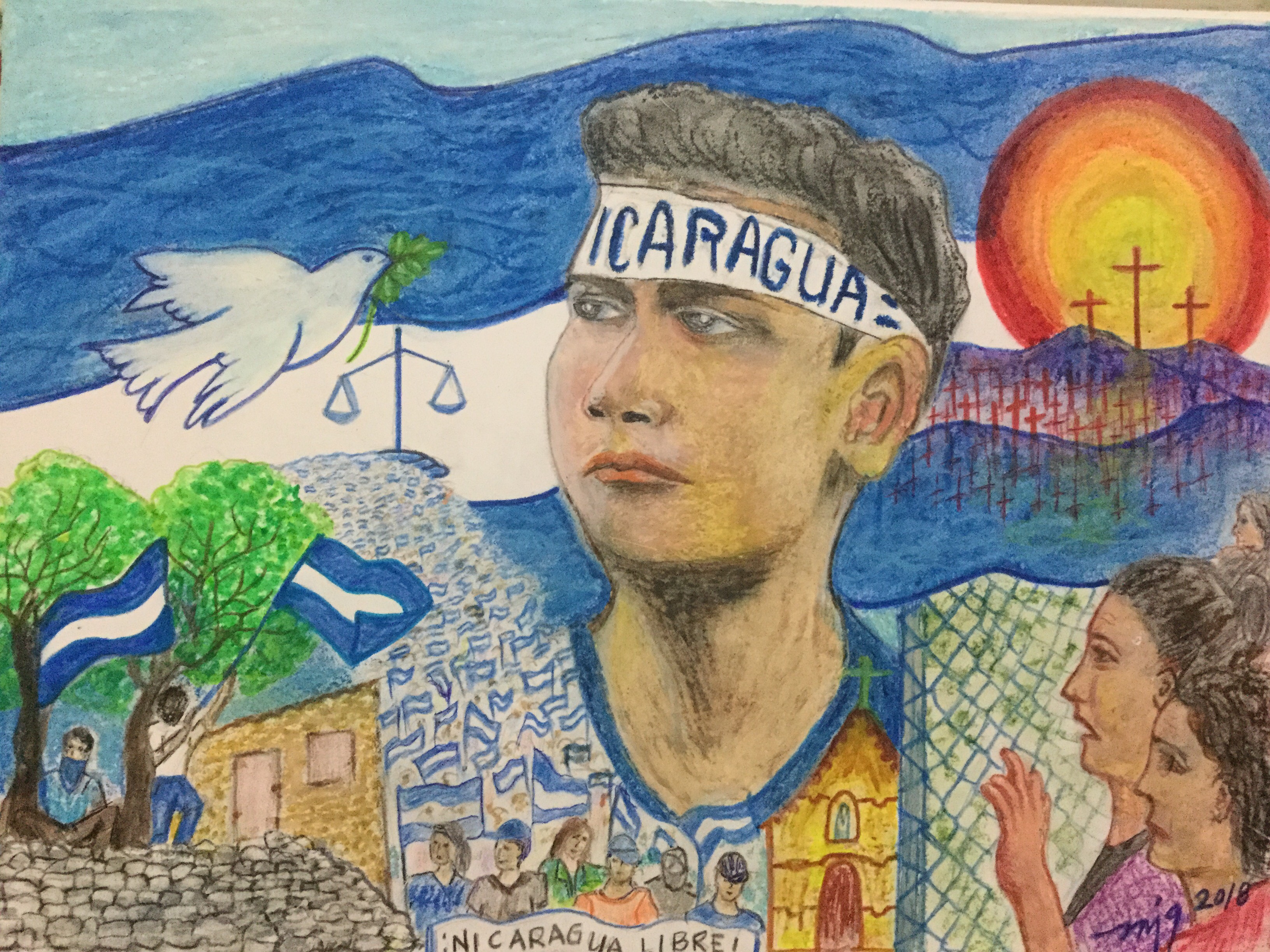
Many global surveys have consistently ranked the Philippines as one of the top countries when it comes to happiness levels. Perhaps it’s true: “It’s more fun in the Philippines!”
Our happiness, just like many of our cultural values such as kapwa (shared togetherness) and utang na loob (deep sense of gratitude), is intricately rooted in our indigenous identity. Blessed with bountiful land teeming with natural resources and natural beauty, Filipinos are a thankful people! The Filipino value of utang na loob is rooted in our deep sense of gratefulness to what gives us life, our Creator and His bounty in His creations. So, we find ways to celebrate the blessings around us.
I remember on one Thanksgiving episode of The Filipino American Life (@tfalpodcast) podcast, one of the hosts, Ryan Carpio, said, “In the Philippines, everyday you’re alive is thanksgiving day!” I distinctly remember hearing that because I share the same sentiment when I first experienced Thanksgiving as a holiday in the US as a new immigrant teenager. The curious kid in me wondered why giving thanks was a big deal only on this one day of the year. In the Philippines, we gave thanks as much as we possibly could and in many ways we possibly could. We feasted on many Holy Days, holidays, barrio fiestas, birthdays, anniversaries, graduations, Noche Buena, Christmas, and even Undas (Un Dia de los Muertos). These are all bountiful and joyful celebrations of our blessedness worthy of big festive gatherings. We celebrate these blessings with our kapwa, with the people we share this blessed space with, for where two or more are gathered in Christ’s name, there He is in the midst of them.
According to Virgilio Enriquez, founder of indigenous Filipino psychology, kapwa is the core concept in Filipino psychology integrative of the self and the other. Filipino scholars have translated it as “shared inner self” or “shared identity.”
Kapwa gives us a glimpse into what communion truly means. When we give love and share love with our neighbors, we share our inner selves, our kaloob-looban, with them. And when we share our inner self with one another, we get to glimpse the Divine in their personhood and see them as a child of God as well, as a brother or sister in Christ. In the other is our kapwa, our shared inner selves, a shared humanity made in the image of God.
It’s More Fun in the Philippines! – So they say! But life in the Philippines is not always peachy. Back to back typhoons, record-breaking heatwaves, economic hardships—the Filipino people face many hardships but despite of it all, they manage to put on that celebrated Filipino smile on their faces. Smiling is a universal symbol that radiates happiness and joy but continuing to smile even during hardships is an iconic Filipino symbol that deeply radiates hope, a sense of surrender to God’s will, a sense of peace, and gratitude.
Perhaps, what makes it more fun in the Philippines, despite the hardships, is kapwa, our shared togetherness. Celebrations, including the American national holiday of Thanksgiving, serve as our reminders to pause, reflect, and be collectively intentional in expressing our appreciation and gratitude for what we have been blessed with. These are opportunities for us to amplify our thanksgiving by celebrating with our kapwa and celebrating for kapwa. Sometimes, when natural disasters or tragedies strike, we are left with very little but, as Filipinos, what keeps us resilient and hopeful is our strong sense of togetherness. Deeply embedded in our cultural identify is our core value of bayanihan. We have bayanis (heroes) in our lives, in our space, and in our kapwa that are always there helping us get through the toughest of times.
For these simple core values, we Filipinos are grateful. Gratitude, according to research in positive psychology, is strongly associated with not just resilience but also greater happiness. Gratitude helps people feel more positive emotions, improve health, deal with hardships, and build strong relationships. Being grateful and giving thanks, both the attitude and the practice, remind us of our connectedness to something larger than our individual selves—to kapwa, to nature, to our land, and to God.
T.G.I.F. –Thank God I’m Filipino for these deeply rooted cultural values. It’s so deeply ingrained and widely permeated in our culture that the language we have for “thank you,” salamat, is literally rooted in the word for peace, salam. Our celebrations, our thankfulness, our smiling faces, our joy, our togetherness, all culminate in a deep sense of inner peace.
From Gratitude (Salamat) to Peace (Shalom)
I find it fitting that, in America, the month of Thanksgiving is followed by the Season of Advent. Advent is the time when we prepare for the arrival of Jesus Christ, Prince of Peace. We anticipate the coming of Christ in the four weeks of Advent with the lighting of one candle each week; each one signifies hope, peace, joy, and love. The light signifies the light of Christ and the peace He brings and the peace He leaves. Jesus Christ, the greatest gift to humanity, is the real reason for our attitude of gratitude. May this season of thanksgiving cultivate our heart and spirit so that we may be prepared for the Season of Advent and welcome the peace that Christ brings into our lives.

BJ Gonzalvo, Ph.D., is a psychology researcher whose focus is on retracing the indigenous roots of his core value of kapwa to help reframe and rediscover the sacredness of our interconnectedness. His writing, where he often integrates culture, psychology, and spirituality, has appeared in Northwest Catholic, Busted Halo, FilCatholic, and Mind & Spirit. He is the author of several books including Lead Like the Saints, Gift of Kapwa, and Music: The Art of Togetherness.








